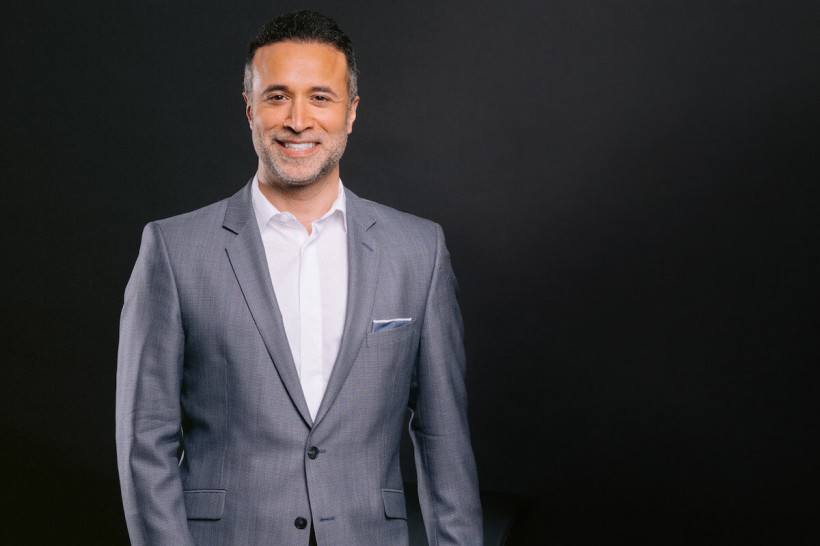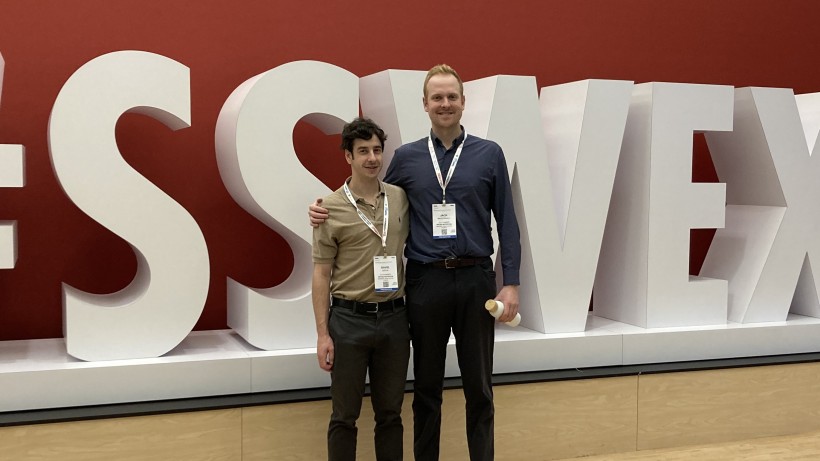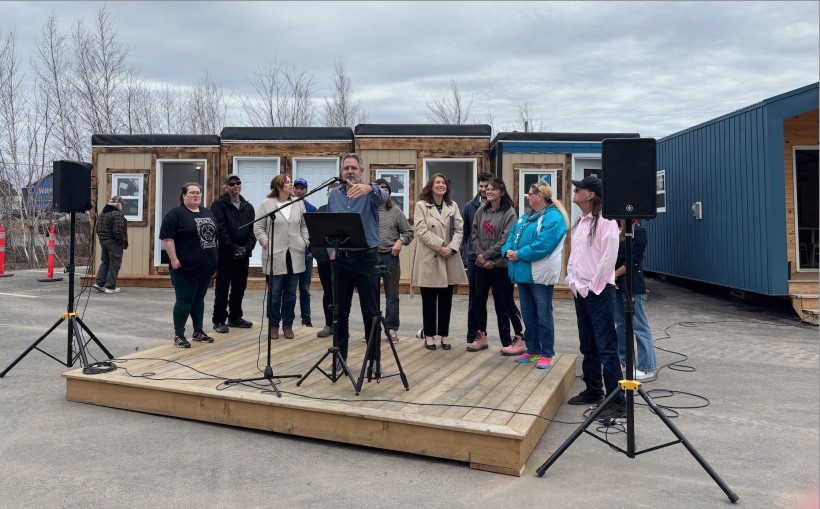The National Angel Capital Organization kicked off its 2025 NACO Summit on Tuesday with a call for Canada to improve its innovation economy by revolutionizing the way entrepreneurs are funded.
NACO Chief Executive Claudio Rojas opened the two-day conference by announcing that the 4,000 investors aligned with the country’s angel networks invested a total of $137 million in 2024, an increase of 19.4 percent from the previous year.
However, he added that more needs to be done to ensure that investment in entrepreneurs becomes recognized as a mainstream asset class, to both reward investors and ensure Canada can compete in a rapidly changing world.
Rojas told the roughly 500 people attending the conference: “Our hope is that we can continue to develop bridges and help the new government understand the importance of innovation [in the Canadian economy].”
He made a few references to the newly elected government, and the national discussion on the modernization of the Canadian economy as the country confronts aggressive protectionism by the U.S. government. The angel community should use the current situation to launch a three-point program to modernize the financing of innovation-driven companies. It would comprise:
A National Entrepreneurship Tax Credit
Rojas envisions a federal tax credit similar to the mechanism now offered by several provincial governments. He suggested it be called an entrepreneurship tax credit because entrepreneurs would be the main beneficiaries, and that it could offer tax relief to institutions as well as individuals.
“By creating an interprovincial tax credit for investments in Canadian private companies, it would incentivize more private capital to flow into entrepreneurial ventures,” said a NACO briefing paper on the proposal. “A mechanism like this would elevate early-stage ventures into a recognized, policy-supported asset class, prompting private wealth advisors and institutional players to engage in the innovation economy.”
Larger Average Deal Size
While total angel funding increased in 2024, the average deal size shrank by 8 percent to about $255,000. The smaller deal size restricts the ability of truly ambitious companies to execute their business plan effectively.
To ensure these companies gain the money they need, NACO is proposing an Entrepreneurship Capital Catalyst Initiative, which would bring matching funds to pre-institutional funding rounds.
Improving Liquidity for Founders and Investors
NACO refers to this as “momentum of capital”. It involves finding mechanisms that would allow founders and investors to sell their shares in growth-stage companies rather than waiting more than a decade for an exit to occur. The creation of secondary markets would allow investors in successful companies to gain capital and re-invest it in young companies that need their capital and guidance.
“We need a culture that celebrates entrepreneurship, . . . that ensures Canada is the easiest place in the world to launch, grow and sustain companies – not next year, not next week but now,” said Rojas.
Also on Tuesday, NACO released its annual statistics for angel investment in 2024, compiled by University of Glasgow University Professor Colin Mason. The Scottish entrepreneurship professor, whose research has often brought him to Atlantic Canada, was honoured with a lifetime achievement award by NACO.
The NACO report for 2024 said:
● 539 deals were completed across the country, a 30.2 percent increase over 2023.
● Women's representation among angel investors remained strong at 36.2 percent in 2024, but was down from 38% in 2023.
● And cumulative angel investment tracked by NACO since 2010 has now surpassed $1.68 billion.









